Constructivist News
CPN is currently accepting 2024 membership payments for professionals and students.
Purchase your membership by December 1 for discounted rates. Dr. Franz Epting, Emeritus Professor of Counseling Psychology at the University of Florida, passed away on June 19, 2023. He was born in Meridian, Mississippi to John Forest Epting and Love Stewart Epting on May 22, 1937. He grew up in Forest Mississippi and lived there until he entered Millsaps College in Jackson Mississippi in the fall of 1955. In 1959 he enrolled at the Ohio State University as a graduate student in Psychology and took his PhD in the spring of 1967. Franz lived in Gainesville, Florida from the time he came to the University of Florida in the fall of 1967 as what he called a "baby professor" until his passing. He taught at UF for 36 years until his retirement in 2003. He was also a member of Holy Trinity Episcopal Church in Gainesville.
Franz taught and wrote about Humanistic Psychology and Personal Construct Psychology, which was his special area of expertise and his passion. He had many professional accomplishments. Among the most important was that he was president of Division 32 for Humanistic Psychology of the American Psychological Association in 2003 and later received the Abraham Maslow award from them for his lifetime's work. Franz published many professional articles, both research and theoretical, and in 1984 published his book "Personal Construct Counseling and Psychotherapy." In his retirement he worked on a biography of George Kelly, the creator of Personal Construct Psychology and Franz's professor at Ohio State. The biography will be completed by his former student Jonathan Raskin and published by Cambridge University Press. Franz was the kind of teacher who was loved by and had a profound impact on many of his students. As two former students wrote, "you know what an important part Franz played in our lives at a time when we were being shaped as the human beings we are now. Our world was so much better for his presence in it." Franz truly embodied the humanistic values that were the bedrock of what he taught. He was preceded in death by his parents. He is survived by his loving husband of 8 and a half years and partner of 28 and a half years, Mark Paris. He is also survived by two of his many cousins who were especially important to him, Cornelia Leach and Marion Register. Burial and an informal ceremony of remembrance will take place at Prairie Creek Conservation Cemetery on Sunday, July 2, 2023 at 11:00. For those who wish, contributions may be made to the Human Rights Campaign. Arrangements are in the care of Milam Funeral and Cremation Services 311 S. Main Street Gainesville, FL 32601 (352) 376-5361 www.milamfh.com. Reproduced from Legacy.com. 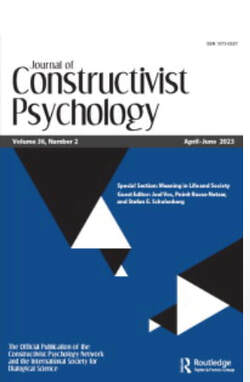 Issue 2 for 2023 now available. Special Section: Meaning in Life and Society Guest Editors: Joel Vos, Pninit Russo-Netzer, and Stefan E. Schulenberg As if they hadn’t banned enough things in recent times, the State of Florida went ahead this week and banned constructive alternativism.
“Constructive alternativism is a perverted and, frankly, un-American lifestyle choice,” said Governor Ron DeSantis at the ceremony in Tallahassee where he signed the bill into law on Friday. “In fact, it is one among the many alternative ‘lifestyles’ ruining our nation. I can proudly say that in Florida, it will not be tolerated. If you engage in it, prepare to be prosecuted.” When informed by reporters that constructive alternativism was an obscure theoretical concept from a 1950s psychological theory and not a sexual orientation, Governor DeSantis seemed undeterred, and a little confused. “Those are just not the kinds of alternatives we want Floridians to have,” said the governor. “Are you saying that Americans must be accumulative fragmentalists?” asked one reporter. “Well, um, sure. Yeah. Of course!” stammered DeSantis. “Accumulative fragma … fragma … whatever you call it … it, um, is at the core of American capitalism. Right? After all, in the U.S., we live by the motto ‘he who accumulates the most wins!’” Reactions across Florida were mixed. Some people were skeptical of the new law, feeling it distracted from the governor’s central agenda. “Why aren’t we staying focused on banning the important things in Florida?” asked Bradley Gunn, a parent of two in Lakeland. “You know, like books and gay people.” But others were more sanguine. “Constructive alternativism is like marijuana. It’s a gateway to more dangerous forms of constructivism,” said Mary Anne McGroin of Stark. “Once people start exploring alternative epistemologies, who knows where it could lead.” 25th International Congress on Personal Construct Psychology in Barcelona from July 10 to 13, 20233/19/2023
The 25th International Congress on Personal Construct Psychology will be held in Barcelona, Spain from July 10-13, 2023. It is an invitation for anyone interested in personal construct theory (PCT) from whatever background to come and share their ideas regarding the application and development of PCT. We welcome the participation of practitioners, academics, researchers and students from a PCT background as well as from related approaches such as constructivists, constructionists and narrative. The welcome extends to anyone using or critiquing PCT and its related methodologies such as repertory and qualitative grids, and laddering.
The International Congresses aim to explore developments and applications of methods of PCT across the diverse range of fields of research and practice that it has informed including education, counselling, business, the arts, architecture, and religion. A common feature underpinning these diverse fields is the personal construing of people as they generate meaning and make choices based on their personal experience. Barcelona is hosting the International PCP Congress for the second time after almost 30 years. The first time was in 1995. The congress is sponsored by the George Kelly Society (GKS). See the congress website for further details. 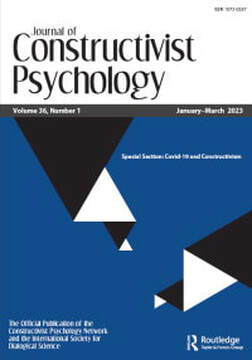 Issue 1 for 2023 is now available. It features a special section on the Covid-19 pandemic. Table of contents Check out the final issue of 2022, including a special section on Ancient Wisdom: Anticipating the Future.
|
CPNLatest News. Archives
January 2024
Categories
All
|
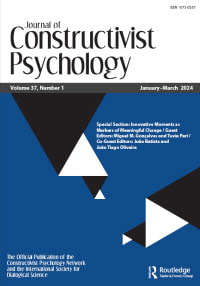
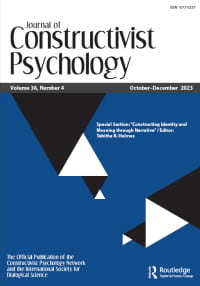
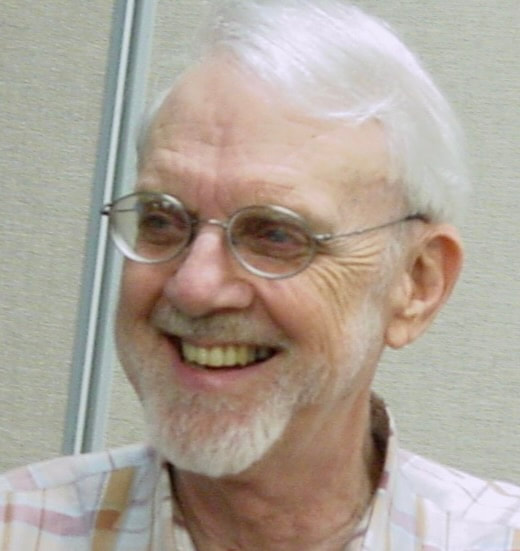
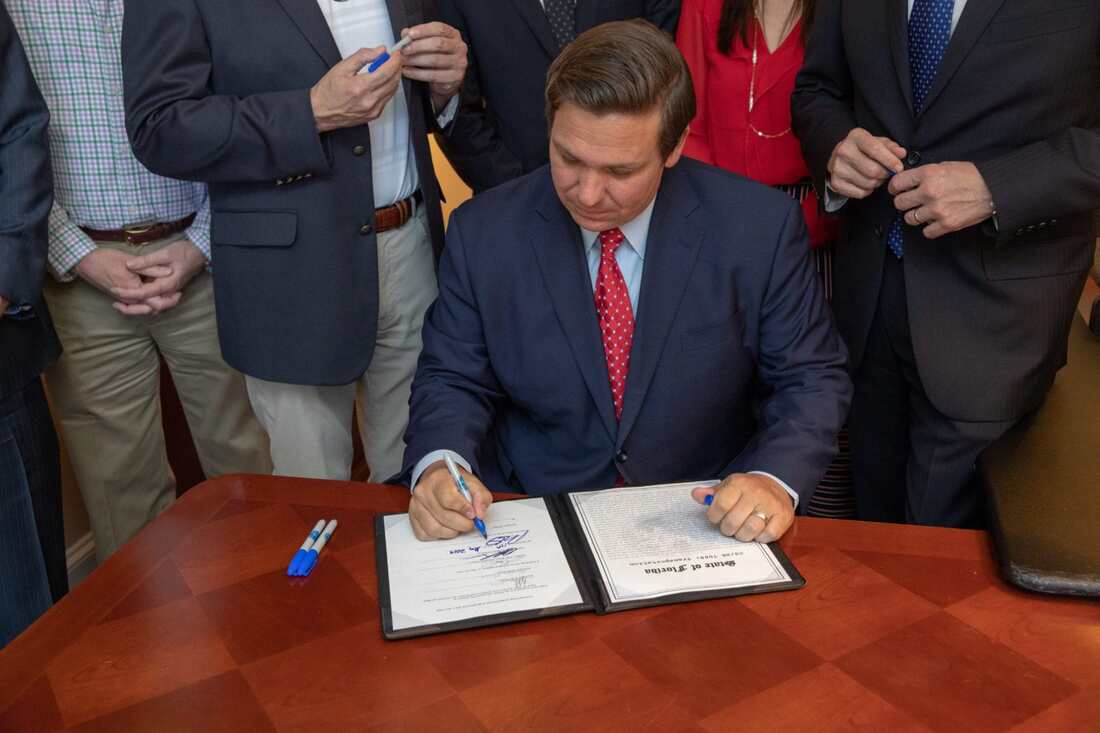
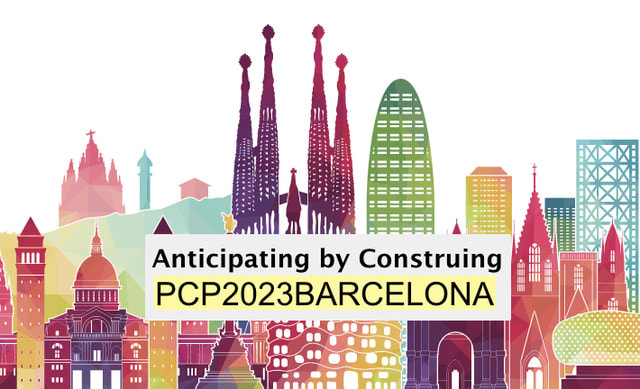
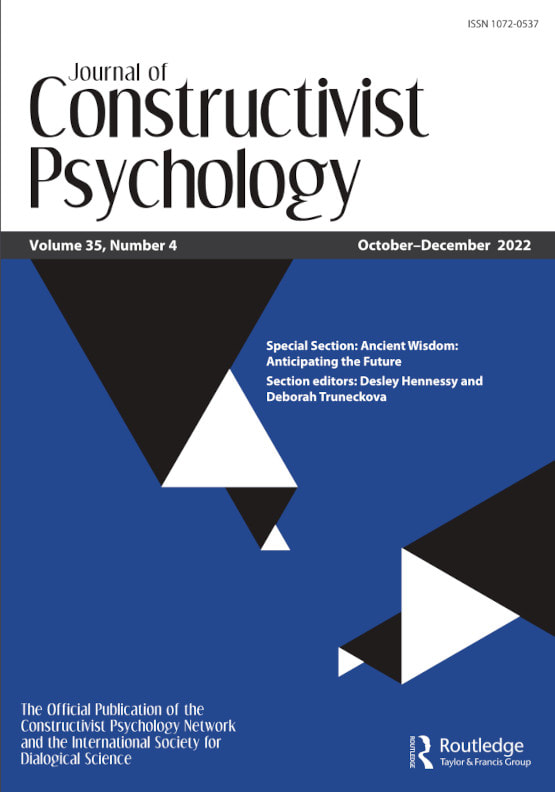
 RSS Feed
RSS Feed